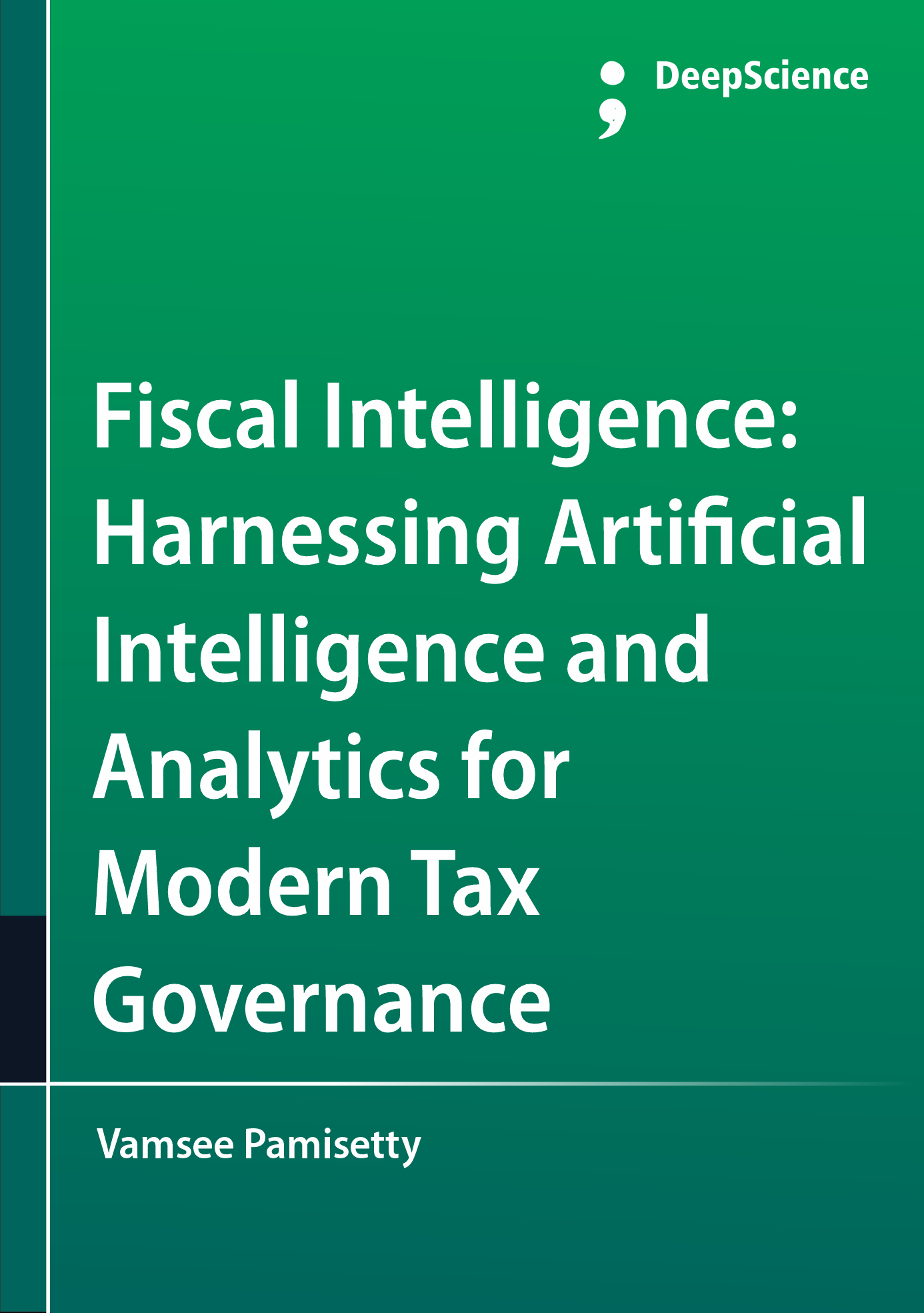Leveraging predictive analytics and machine learning for advanced fraud detection in tax systems
Synopsis
Tax fraud is a global problem of serious dimensions, negatively affecting the economic development of different countries, both developing and developed. Its implications go beyond the public finance sector and also impact social behavior. Tax fraud encompasses higher tax rates to compensate for the loss of revenue and may induce psychological distortions in payment decisions, as citizens feel cheated when they pay their taxes and see that somebody else did not pay theirs. There is an exhaustive literature dealing with tax fraud, covering both theoretical and empirical approaches. Theoretical models focus on the incentives to evade taxes and build diverse motives favoring or objecting to tax fraud. Empirical approaches intend to validate or invalidate theoretical models, assessing the relative weight of the different factors invoked to explain tax fraud decisions or the correlations amongst those variables. Those analyses focus on different countries, with different degrees of development and with different characteristics. In the last few years, there have been several changes in population behavior regarding tax fraud. In some countries, tax fraud has not gained relevance, whereas, in other places, it has broadened considerably or contains alarming projections to broaden. Money laundering and digital currencies have undoubtedly favored, to some extent, tax fraud, and it cannot be neglected that it may have gained relevance during the pandemic. In this sense, income taxes and tax on the transfer of assets are the ones that most suffer tax fraud. Security Economics states that there exist two types of fraud incentives: those concerning the likelihood of detection versus the fines to be paid for fraudulence; and those regarding the probability of audit after filing the declaration. Moreover, decisions such as when to file the declaration and register fraudulent deductions also favor fraudulent activities. The growing technological and digital transformation that characterizes current society allows for the exploration of variables that favor tax fraud detection. In this sense, different tools associated with machine learning and predictive analytics may contribute to exploiting and analyzing those variables so that nowcasting and forecasting can be performed with higher predictive power.













